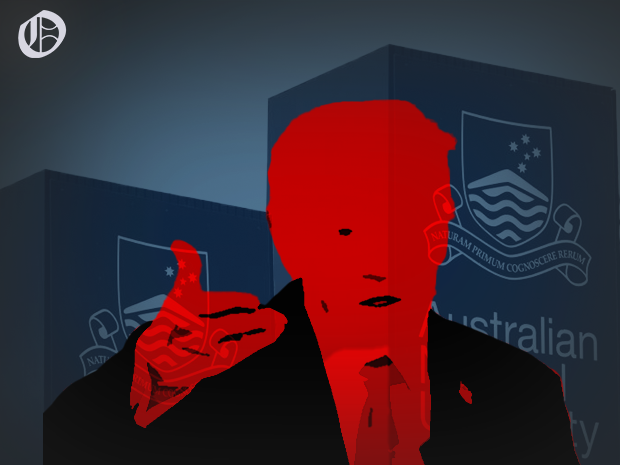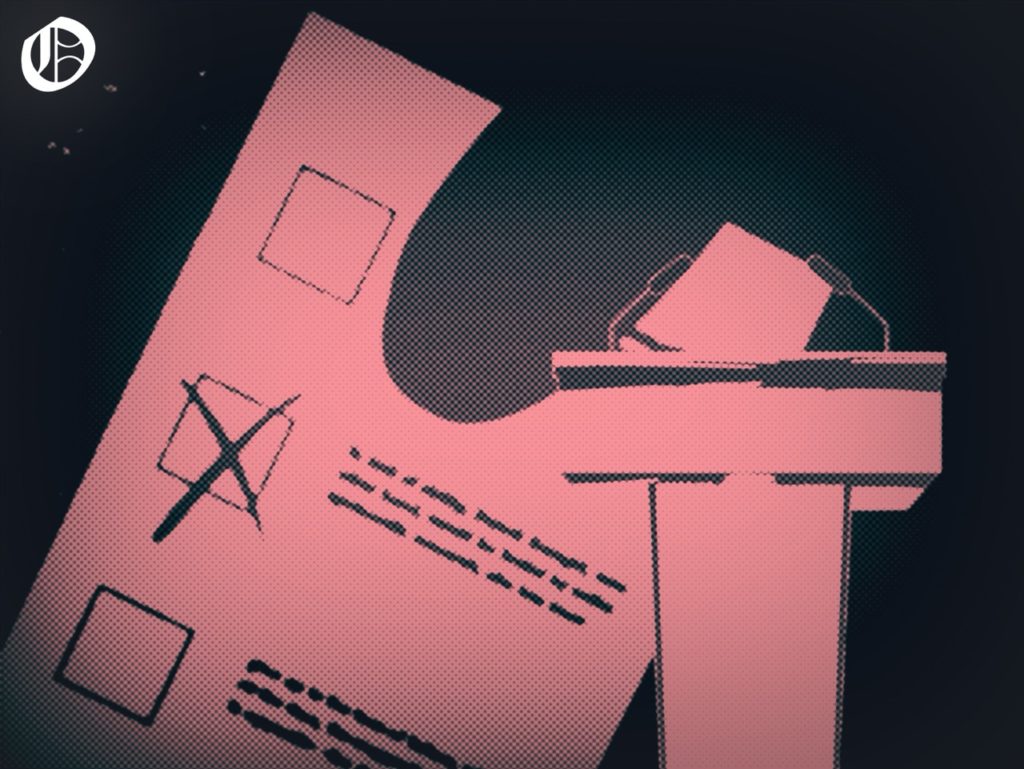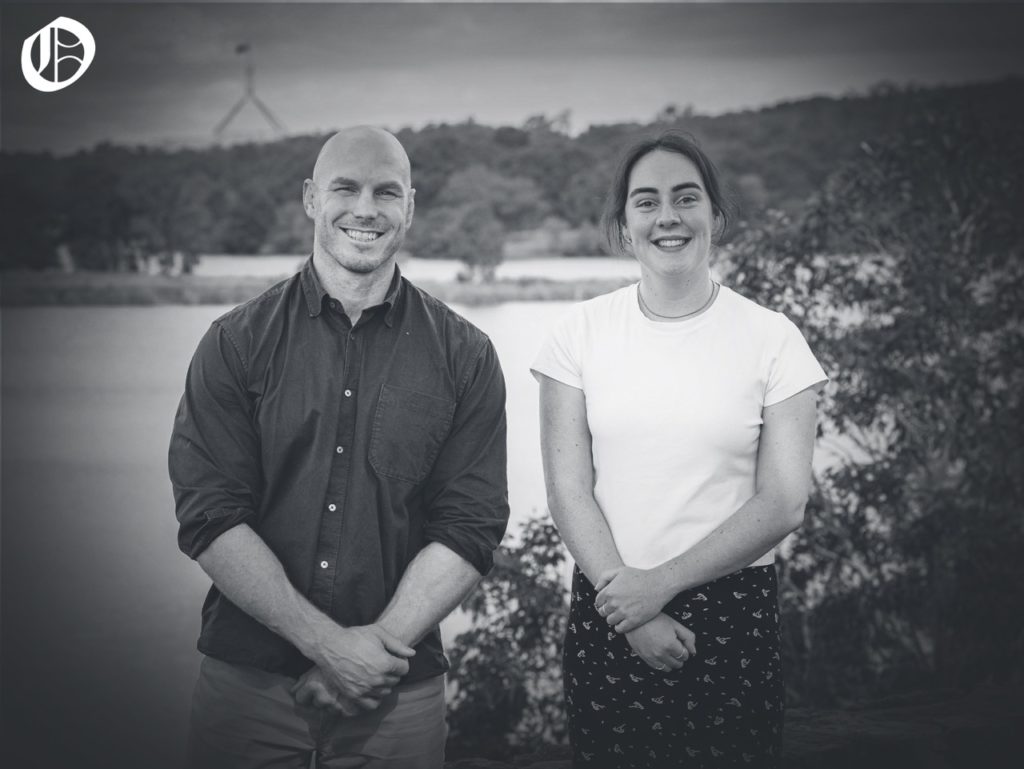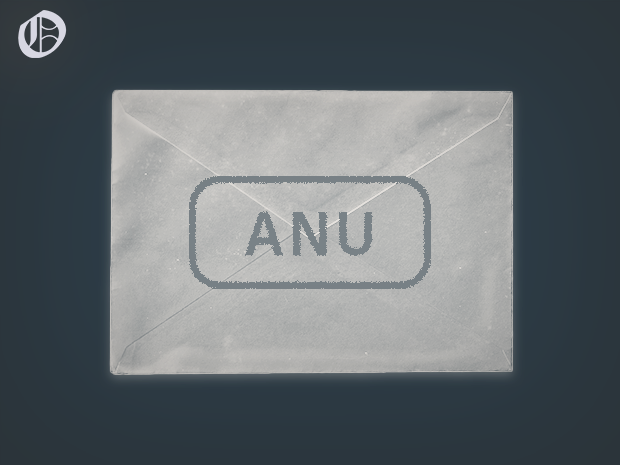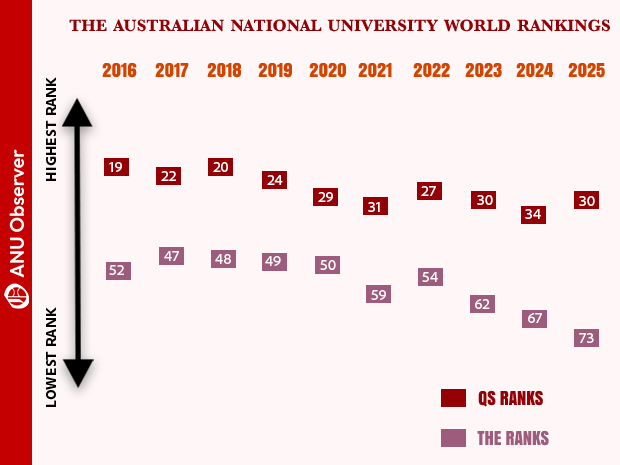SciSoc Bailed Out by Clubs Council, Episode 2: Revenge of the SSAF
The Clubs Council has finally been able to cover the significant debt the Science Society accrued after its ball in August. This is the Council’s second attempt to do so, after a resolution to create a debt repayment grant was deemed inconsistent with Student Services and Amenities Fee (SSAF) legislation. The validity of the new grant rides on the distinction between responding to “financial distress” retrospectively, and repaying a debt.
The revised grant required a change to the Clubs Council regulations at the last ANUSA Ordinary General Meeting (OGM) on 6 October. The new grant aims to support Clubs in “financial distress” rather than debt repayment, which would be prohibited under SSAF legislation. It can apply retrospectively, and thus covers SciSoc. ANUSA President James Connolly assured the OGM, “We have legal advice [the grant] is SSAF compliant.” When asked how the new grant is substantively different, Clubs Council Chair-Elect and current Community Officer Lewis Pope responded, “Paying for financial distress is different from debt repayment … even if it is retrospective.”
Current SciSoc President Dan Wang confirmed at the society’s AGM last Friday that the debt had been paid, simply saying the issue had been “resolved with ANUSA this week”. The Clubs Council Executive meeting minutes confirm this. Wang would not go into further detail, citing legal issues. The payment was made just in time to avoid legal action from the creditor The Pialligo Estate Farmhouse Restaurant.
In a joint statement to Observer, SciSoc President-Elect Ruth Purcell and Vice President-Elect Lachlan Deimel noted that “mistakes were made” by the previous committee, while committing that they “will not happen again”, emphasising the individuals in the new committee had “nothing at all to do with the bail out”. Specifically, the Treasurer-Elect Alaina Warwick will be conducting a “thorough review of the manner in which the Society monitors its funds” and making “significant changes to ensure that our financial position is safeguarded”.
The Club will be sent a public letter which will likely detail areas for improvement in financial management, Club Council Executive minutes confirm, although the letter’s exact form is to be determined. General Representative Zyl Hovenga-Wauchope, among others, supported the idea, on the basis that financial penalties for the Club would be inappropriate given “they’re already in financial grief”. Pope has said the Council does not have the power to penalise individuals and that to do so would be “gratuitous”.
There was some disagreement as to what form the letter will take, with Hovenga-Wauchope favouring something which would “show them that we were unimpressed at their actions”, while General Representative-Elect Jacob Mildren preferred to “just state the facts of our investigations and then write how the Clubs Council will improve.”
The letter may include steps the Clubs Council will take to prevent a future similar occurrence Funding Officer Zachari Lord detailed “compulsory training sessions” for Clubs as an example. Speaking as Chair-Elect, Pope has previously told Observer he would implement a system of compulsory training on the “implications of getting into a contract” including “what might go wrong” as well as the implications of incorporation to “make the clubs system really robust”.
This decision represents something of a softening of the Council’s reprimand of SciSoc. At a previous meeting, Hovenga-Wauchope had maintained that an official sanction was the “bare minimum”. In Clubs Council Slack threads from documents obtained under the ANUSA Constitution’s Freedom of Information provision, one prominent member described being in favour of “letting [SciSoc] forcibly dissolve”.
At Wednesday’s meeting, Social Officer Cameron Allan said the letter would have to be approved by ANUSA President James Connolly before being drafted.




